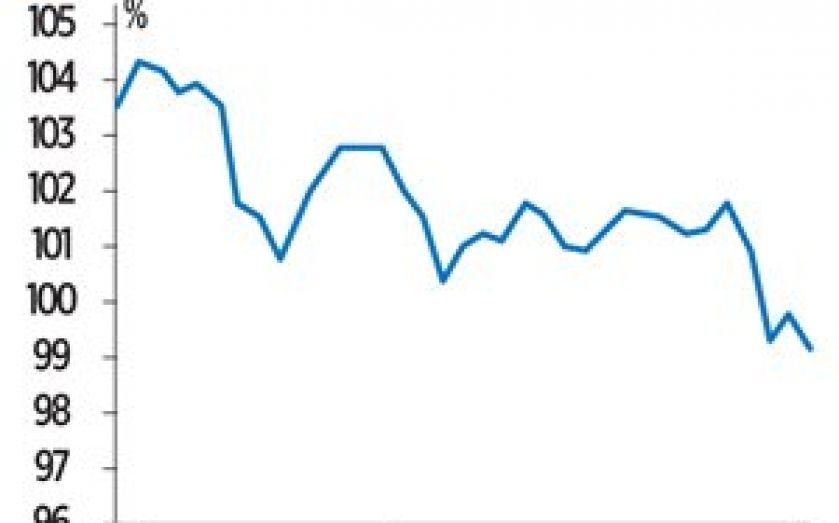Cocos go yo-yo after no-no for retail investors

THE PRICE of contingent convertible (coco) bonds has yo-yoed since the City watchdog banned banks from advertising the securities to retail investors.
Transaction data from Tradeweb shows prices fell almost one per cent on the day of the Financial Conduct Authority’s announcement.
Analysts believe demand from individual investors, rather than institutions, could make up £1bn to £2bn of demand for the bonds, which is being removed from the market by the FCA’s one-year ban on marketing.
Cocos are designed to act as loss absorbing capital instruments. When a bank gets into trouble and its capital buffers drop, the coco converts.
It leaves the bondholder either with equity in the bank, or with nothing, bolstering its capital position.
As a result, cocos pay a higher rate of interest than more senior bonds which are higher up the hierarchy.
The FCA believes this could confuse retail investors, who may look at the headline interest rate but not the risks.
Cocos are relatively new instruments, which brings additional risks.
“Since these were issued we have not been through a crisis period – any investment manager doesn’t know how they will trade,” said Investec’s head of fixed interest Darren Ruane, noting the bonds were strongly affected by market sentiment.
“Some cocos are now trading at less than par, at 96 or so, down from 102 when the S&P was at its high in July.”